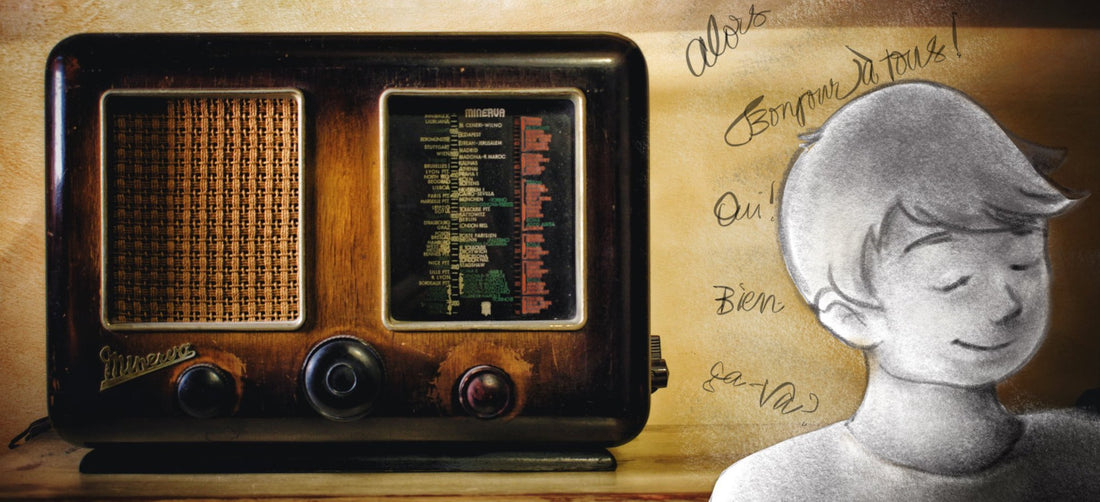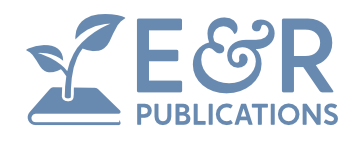
Help! That’s Not the French I Learned at School
Share
4 Ways listening to the radio can improve your foreign language skills

The volume was up, but I couldn’t understand a word. Nothing sounded familiar other than the odd “oui” or “non”, and the occasional “parce que”. High school French earned me good grades, yet here I was, cut down to size by my inability to decipher anything intelligible from the bubbling stream of rapid-fire language.
Still, I kept listening to France Info, France Culture, RFI. I listened and listened, then listened some more.
French is a very cool sounding language with its romantic, chocolate-silky undertones. By relaxing and simply letting it flow over me, I was picking up the cadence. The way some words have a syllable drawn out for emphasis, or items in a list are spoken with a specific sing-song pattern. When the voice should go up at the end of a sentence instead of down.
Am I Ready For This?
If you’re an absolute beginner in your target language, I recommend spending ten to thirty minutes a day for about three months in an app like Duolingo. When I began my radio listening experiment, I already had a few years of high school French under my belt. Even though it felt like I’d forgotten most of it, I nonetheless had a solid foundation to build on.
Whatever your target language, if you —
- can understand basic greetings
- can say yes, no, thank you, please
- are familiar with the verbs “to be” and “to have”
— you’re ready to let the radio supercharge your language skills. Read to the end to see how to use this technique with children.
I’ve Got YouTube — Why Should I Listen to the Radio?
The radio has some unique benefits over YouTube’s admittedly plentiful—and free—language tutorials.
- No distracting visuals
- No ads interrupting in your mother tongue
- People are speaking naturally. If you can’t understand the radio, you won’t survive on the street.
- No unpleasant surprises when the next video pops up (especially important when you’re using this technique with children)
Learning a Language by Listening
It was pre-dishwasher days in our household, and I was listening with my headphones in while scrubbing away over the sink. Many loads of dishes later I began to understand the basic gist of conversations.I learned that “shweepah” was “j’suis pas”, a contraction of the “je ne suis pas” that Madame Smith taught us way back in 1980.
I remember listening to French radio for over an hour each day for a week, and waking up with French conversations playing in my head. It was puzzling and beautiful, because while I didn’t understand the words, they were in there. The words were playing inside my head! Making sense of them could—and did—come later.
Learning a Language by Repetition
I’ll refer to two types of repetition: listening a lot, and repeating what you hear out loud. If you want to improve your language skills, you’ll need both.
The first phrases I learned to recognise from the radio were those that were repeated the most often.
- Hello / Welcome everyone
- How are you?
- Thank you for listening
- Today’s headlines…
- The weather today…
- Have a good day
Hearing phrases repeated over and over got them into my head. Even when I didn’t understand what they were saying, I’d repeat the phrase to my Francophone friend when I had the chance, and she would explain what it meant.
The second type of repetition often takes place away from the radio. You can try repeating while listening, but the words usually flow too quickly for that to work well. Once you have the rhythm of the language and some of the words in your head, start saying them out loud. Try saying them in the shower or in your car if you don’t want anyone else to hear.
Don’t over think this exercise, and don’t try too hard. Just open your mouth and see what comes out. Replay the words in your head, and let your mouth be the speaker. No judging yourself harshly here! Play with the sounds.
Learning a Language in Context
So I was listening to the radio regularly, doing better picking up words, phrases, and sometimes even whole paragraphs. Then came a segment where a word that sounded like “servo” was repeated over and over again. Definitely not on my list. A servo here in Australia is a petrol (gas) station, but no way did that fit the context.
I’d picked up that the conversation had something to do with medicine or psychology, and that the “servo” word was the central concept. Then it struck me. Brain! They were talking about the brain!
I looked up the French word for brain, and there it was: cerveau. Now I have a nice little association between filling the car with petrol, and filling my brain with knowledge.
Picking Up Cultural Norms
Something I noticed very early on in my listening was that “Bonjour” was said by everyone, to everyone. I could see that it was an important ritual, so I looked it up. I learned that “bonjour” is not just a nice thing the radio announcers would say to each other and to listeners who phoned in.
Bonjour needs to be said to Francophones (especially in France) before you say anything else. Unless it’s evening, when you should say “Bonsoir”.
Interesting digression: this is one reason French people tend to think very little of tourists, ignoring the fact that many of them butcher the accent. Not saying “Bonjour” before addressing someone is seen as downright rude and will probably earn you a dirty look. Some will even overcharge you for your omission.
Does This Work With Children, Too?
Absolutely yes, but you’ll need to choose your stations wisely. If French is your target language there’s an excellent news service on RFI that simplifies current headlines, making it more likely that children will be able to pick up words they already know. It might be better to find a radio program directed at the young, but it’s not essential.
Try playing talk radio in the background while the children are occupied with a right-brain activity such as drawing, cutting and pasting, or using construction toys. A 2009 study found that participants who doodled while listening to information were able to recall 29% more than those who did not doodle.
The key is to relax, and allow the subconscious to process the patterns it is hearing.
Remember that the point of listening to the radio is two-fold, whether it’s for adults or children: to pick up the cadence of the language, and to learn to recognise common words and phrases through repetition.
Summary
It doesn’t matter if you’re a raw beginner or further down the track in learning your target language — listening to the radio can help you understand the language as real people speak it.
The radio can help you to—
- Learn the cadence of a language
- Learn through repetition
- Learn in context
- Pick up cultural norms
You’ll still need to spend focused effort on grammar, spelling, and learning idioms, but it might surprise you just how easily you pick up vocabulary and the accent without really trying—simply by listening to the radio.
Ellane and her team are dedicated to helping teachers make learning a delight. Check out our language learning resources, available now as PDF downloads.
